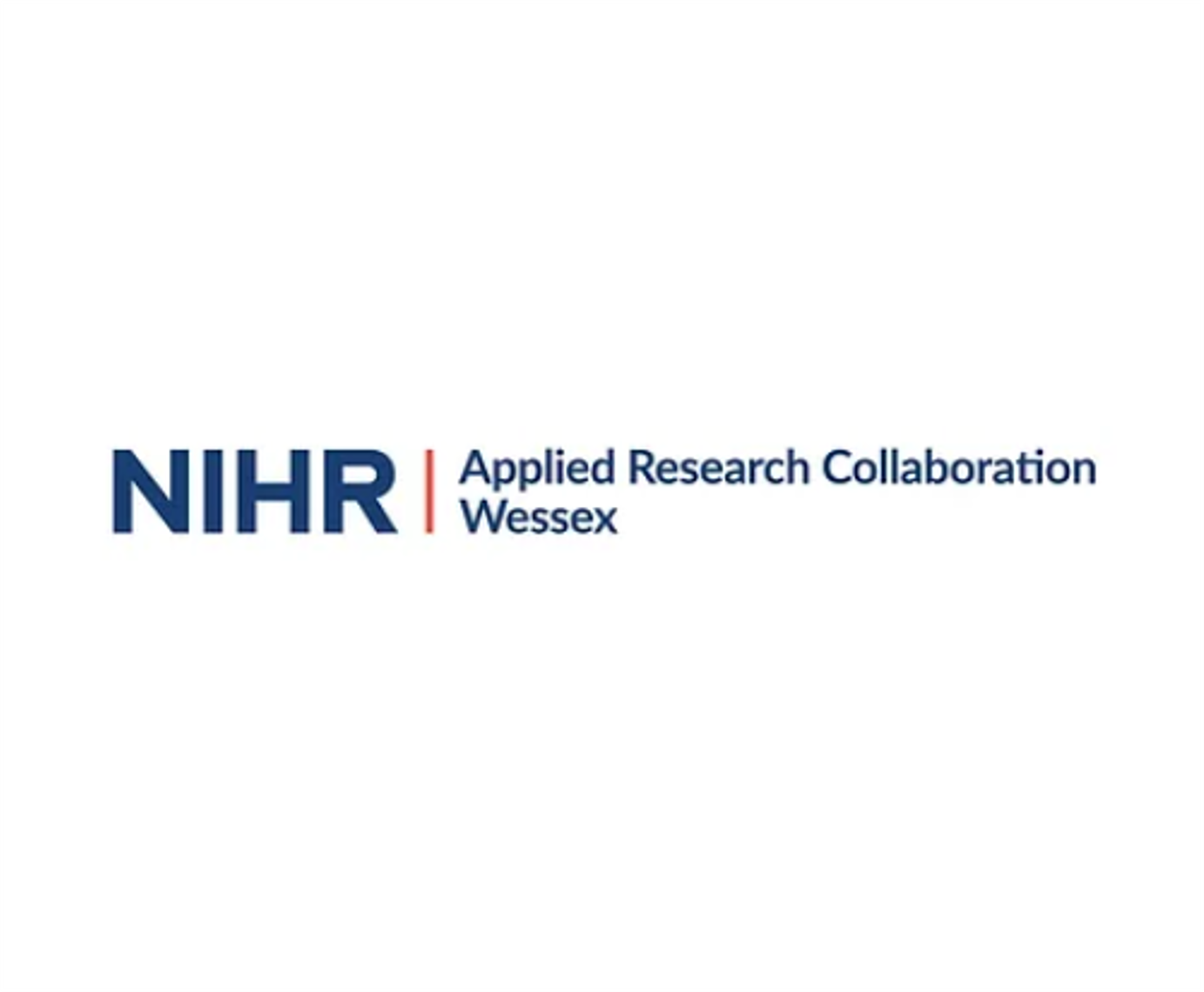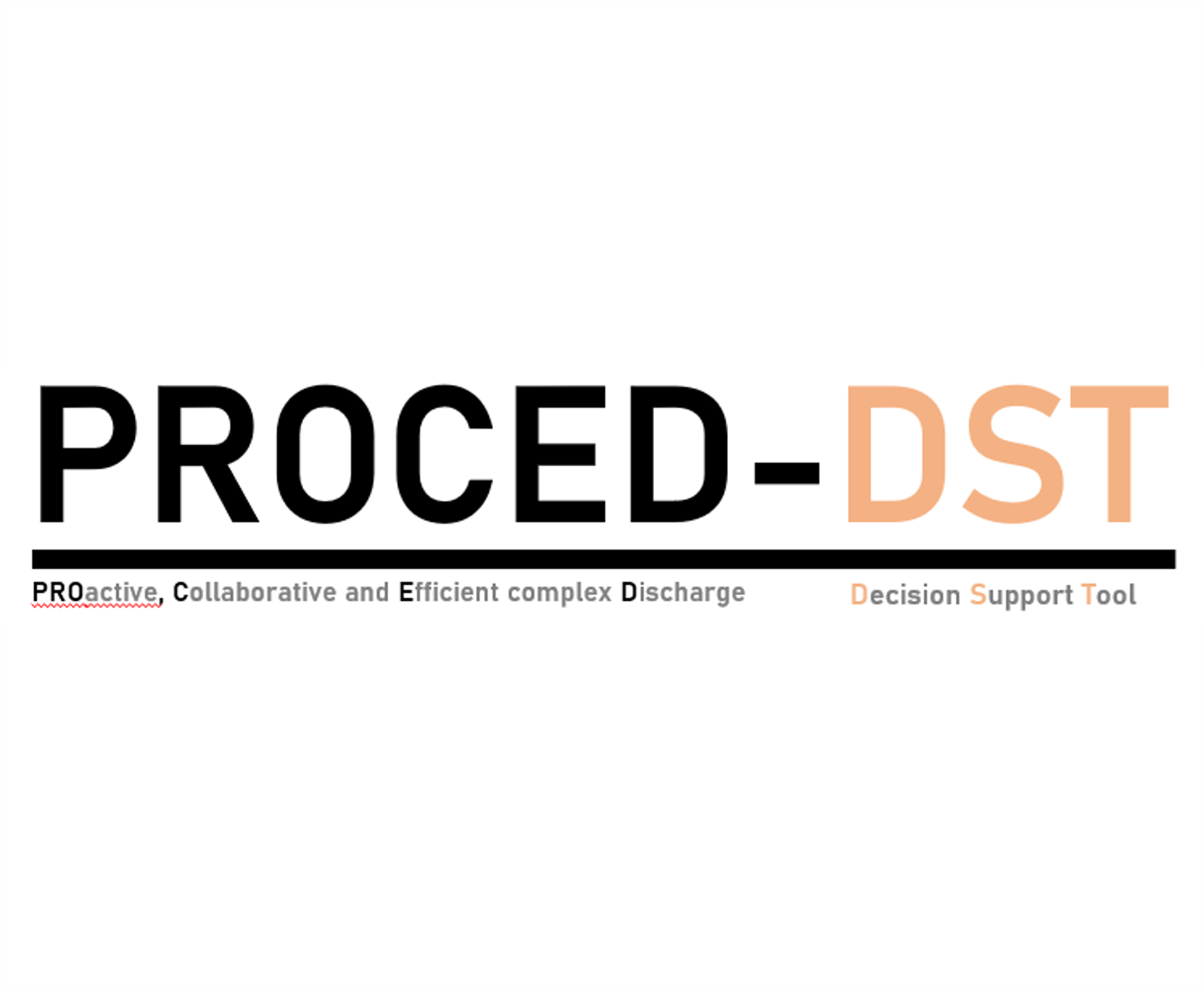PARIEDA

Prediction of Acute Respiratory Infection outcomes prior to Emergency Department Attendance
Health & Wellbeing Artificial IntelligenceProject Vision
Aim: We will help community doctors and nurses decide how best to care for patients with serious respiratory illness. The right care depends on how ill a patient is and if they will get worse. Care may include home monitoring or hospital visits. We aim to use computer algorithms to help doctors and nurses make these decisions. We expect patients to avoid unnecessary trips to hospital and to feel more supported.
Background: Hospitals have had record number of emergency departments visits. Respiratory infections are almost half of the visits. Many of these patients were not admitted to hospital. This means that some patients could be cared outside of the hospital in the community. COVID-19 is a serious respiratory illness. During the COVID-19 pandemic a new way to care for patients was created. Instead of patients going straight to hospital, they were assessed in the community. Only the most serious cases were then sent to hospital. Community care and assessment is now being considered for other respiratory illnesses.
Project Approach
We will use computer algorithms to help community doctors and nurses decide which patients are at most risk of serious respiratory illness. Risk assessment will be done using machine learning. Machine learning is a way to train a computer to categorise patients into groups using data about patients and services they use. We will use historical hospital data to identify patients in high-risk groups. The patient categories will then be used to inform community decisions before attendance at hospital.
IT Innovation's Role
IT Innovation is lead of the project working with Hampshire Hospitals Foundation Trust and NHS@Home.
Project Funding


